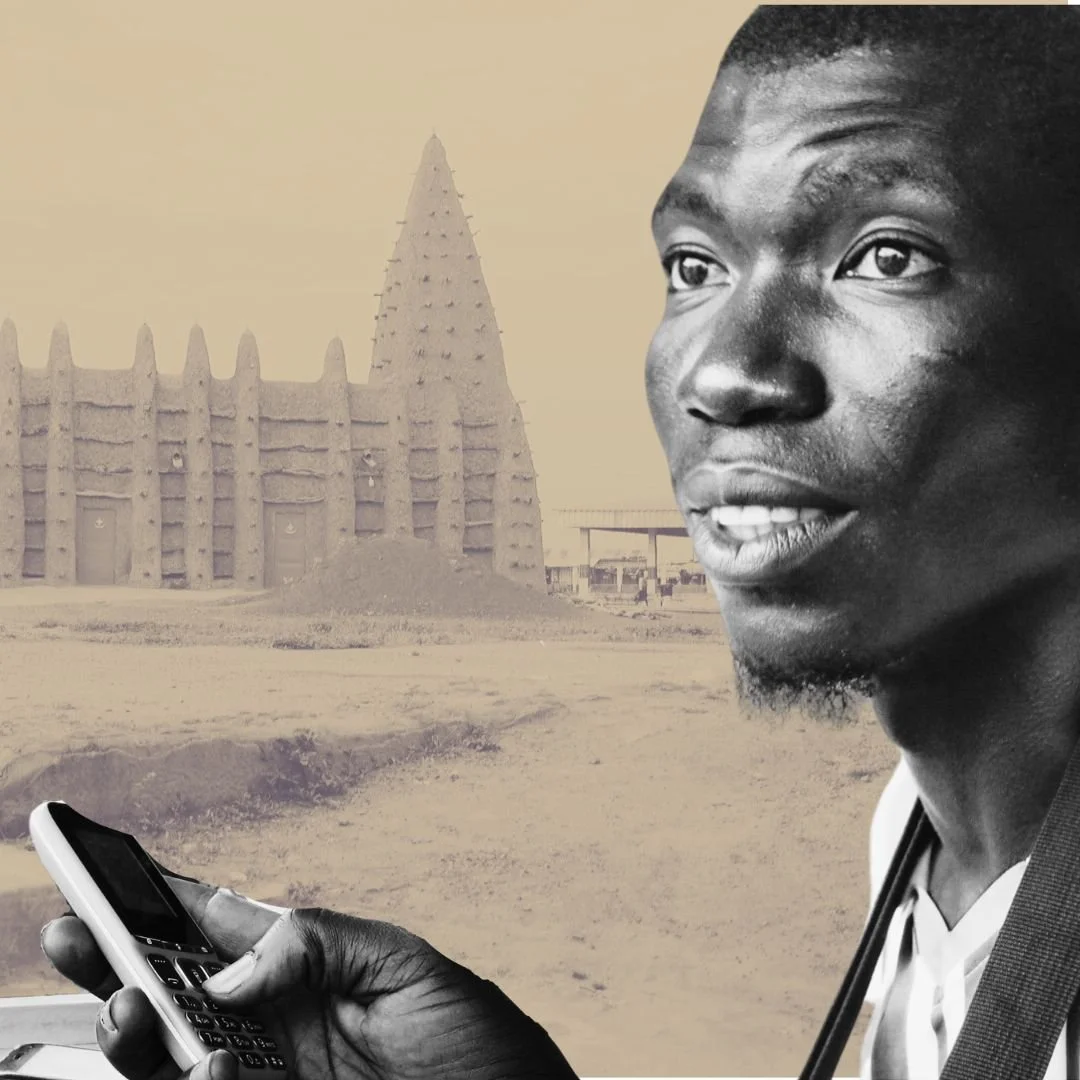This page meant as reference for people interested in learning or studying the Manding language variety often referred to in English and French under various names such as “Diakhanké”, “Diakhanka”, “Jahanka”, etc.
For simplicity’s sake, I will refer to it as Jahanka here.
Jahanka, a Manding language variety
Jahanka is a Manding variety primarily spoken by the Diakhanke or Jahanke, a community of people originating from a specific West African Islamic clerical tradition. In essence, they are Soninke descendents who over the course of centuries of migration switched to primarily speaking a Manding variety.
Specifically, Jahanka is a Western variety that shares a number of traits with Mandinka as spoken in the Sengambia region. It is primarily spoken in the Diakhanke communities of Guinea and the Gambia. Both of these countries also have a more widely spoken Manding lingua franca: standard Maninka in Guinea, and standard Mandinka in the Gambia. As such, one way to begin to approach Jahanka is by studying Maninka or Mandinka. Both of them are useful point of departure for getting used to the underlying grammar of all Manding varieties, including Jahanka.
Some experts consider Jahanka to be a sub-variety of the variety of Manding known as “Xasonka” (AKA “Kassonke”, “Khassonké”), which is primarily spoken in western Mali and eastern Senegal. More information on that variety can be found on its Glottolog page.
Examples of Jahanka
Here are some examples of Jahanka in use:
“Le respect envers les deux parents” (14:38) — A short video of a religous lesson by a Quranic teacher that is primarily in Jahanka.
Resources Specifically for Jahanka
“Pre-Service Training Jahanka Language Tape Script.” n.d. Peace Corps - The Gambia — A series of audio recordings plus a “tape script” or transcript for reading along at the same time. It’s basically a phrasebook of sentences read aloud in Diakhanke followed by a translation into English.
Resources for Maninka (which can also help)
Here are some other resources from me and An ka taa that are specifically focused on Maninka (as spoken in Guinea).
Online Courses
Beginner Maninka — A full online course for beginners with video lessons, written texts, interactive exercises, audio flashcards, speaking activities, etc.
Videos
Maninka Lessons Playlist on YouTube — A series of lessons in English that teach the basics of Maninka (AKA “Malinke”).
Resources for Mandinka (which can also help)
Here are some resources for Mandinka (as spoken in the Gambia and Senegal primarily)
Resources for Learning Mandinka — A blog write-up with a series of links to various PDFs, websites, social media accounts, etc.




